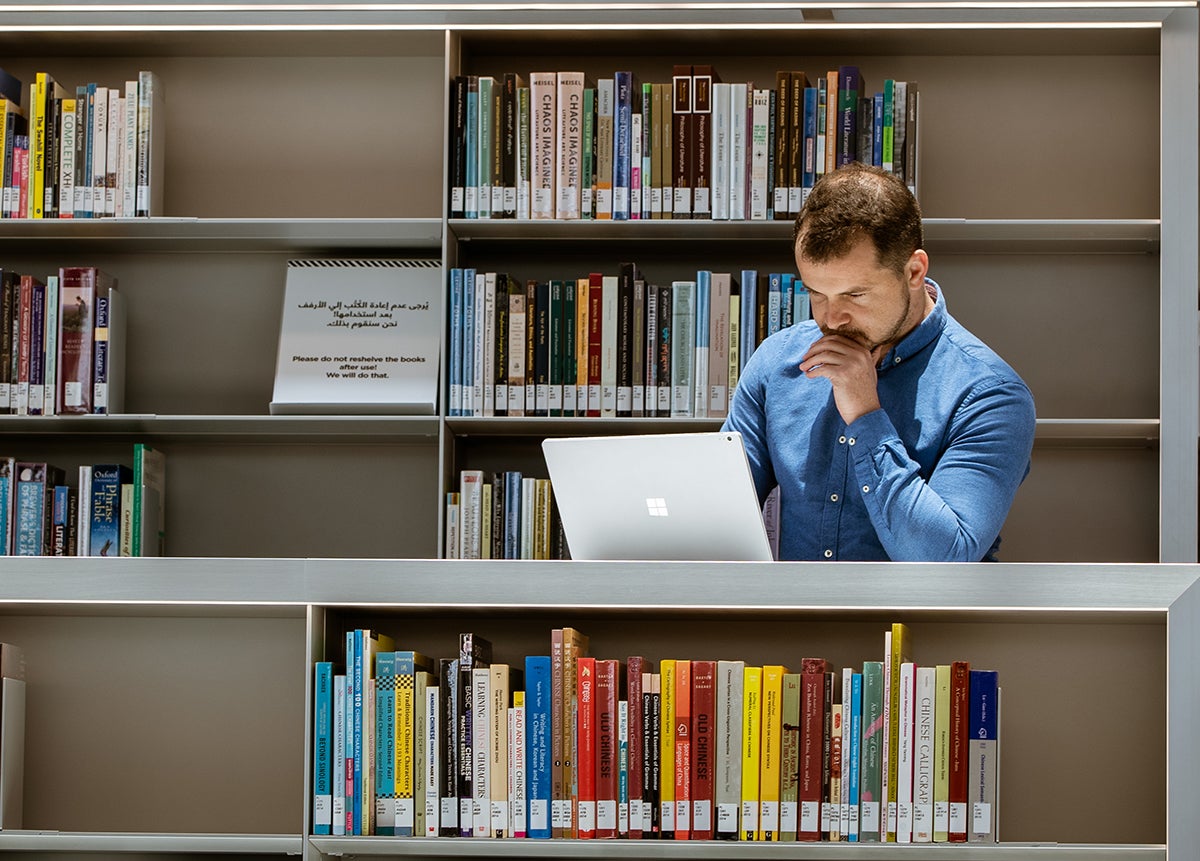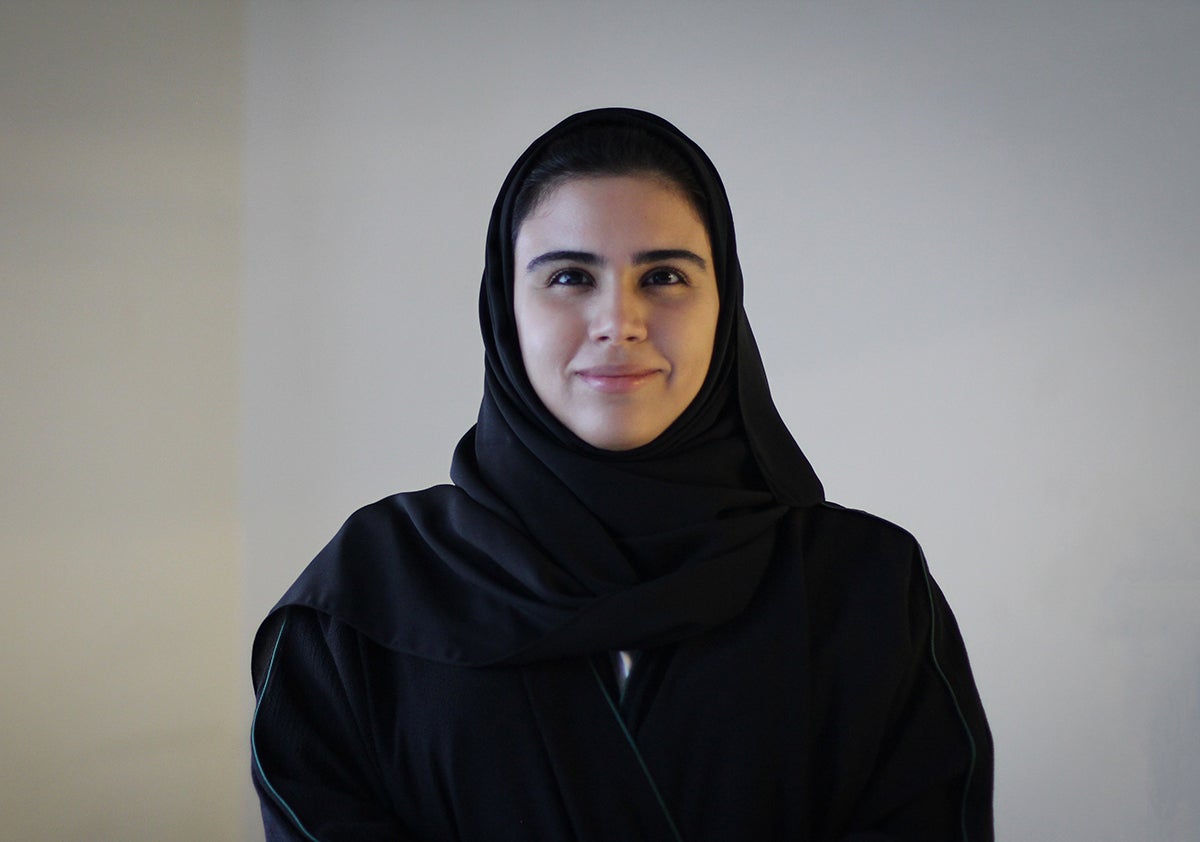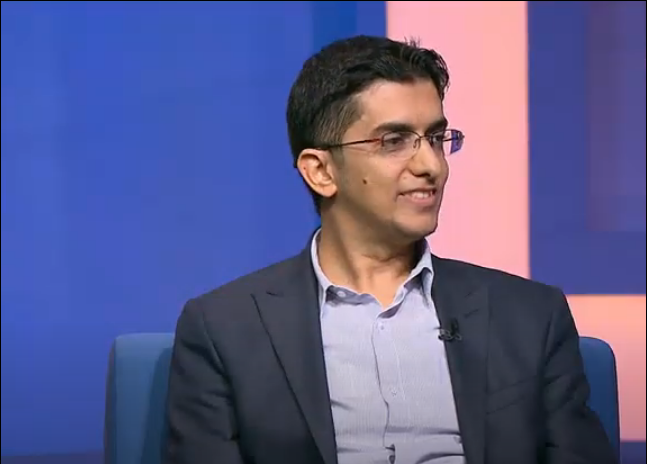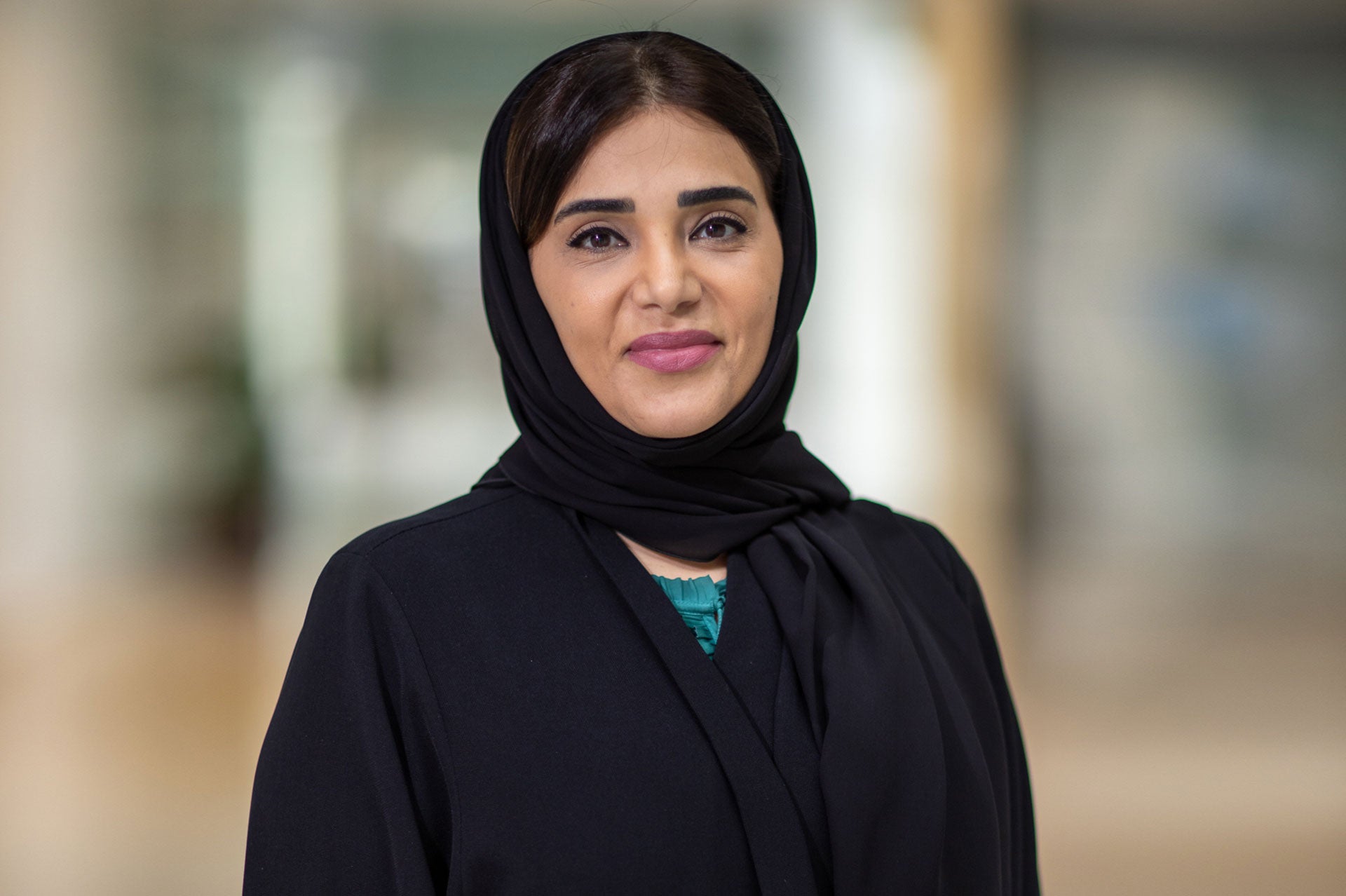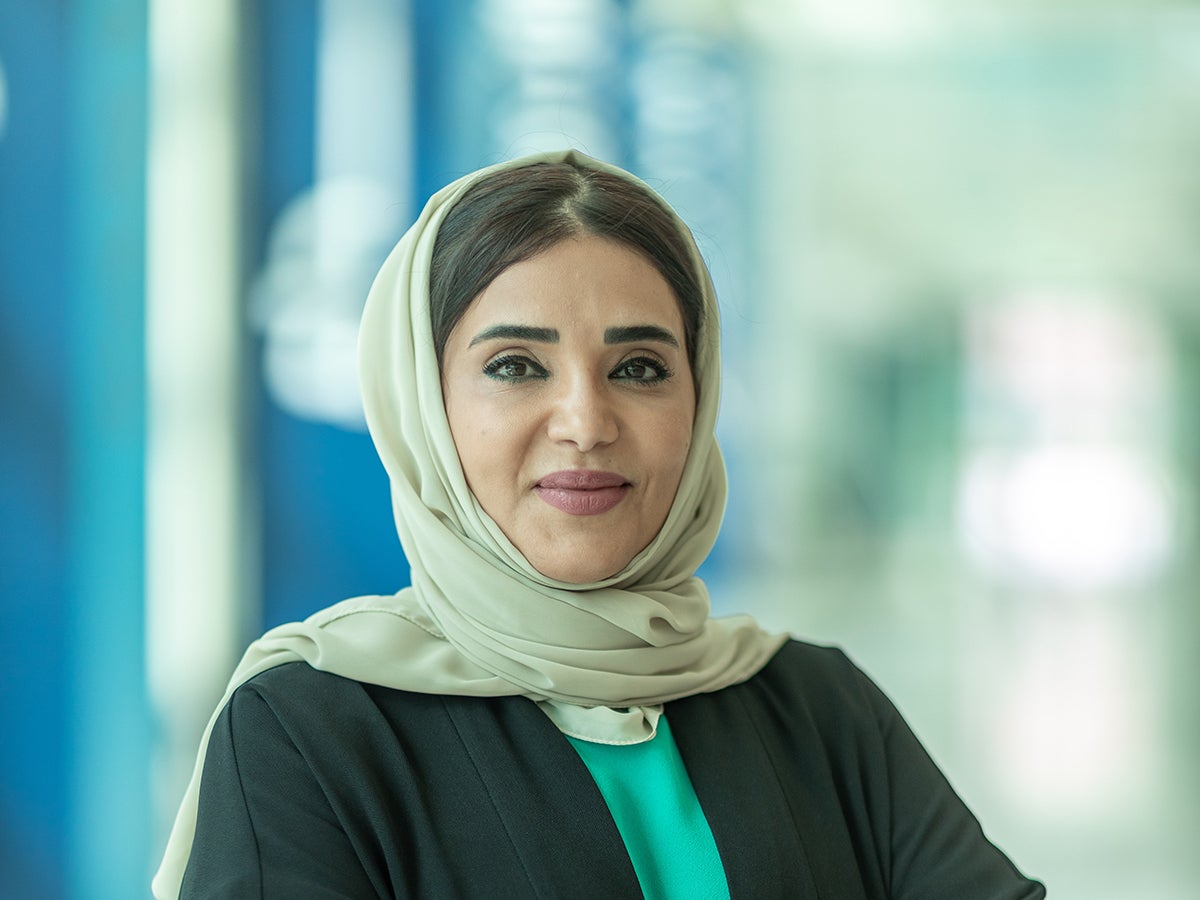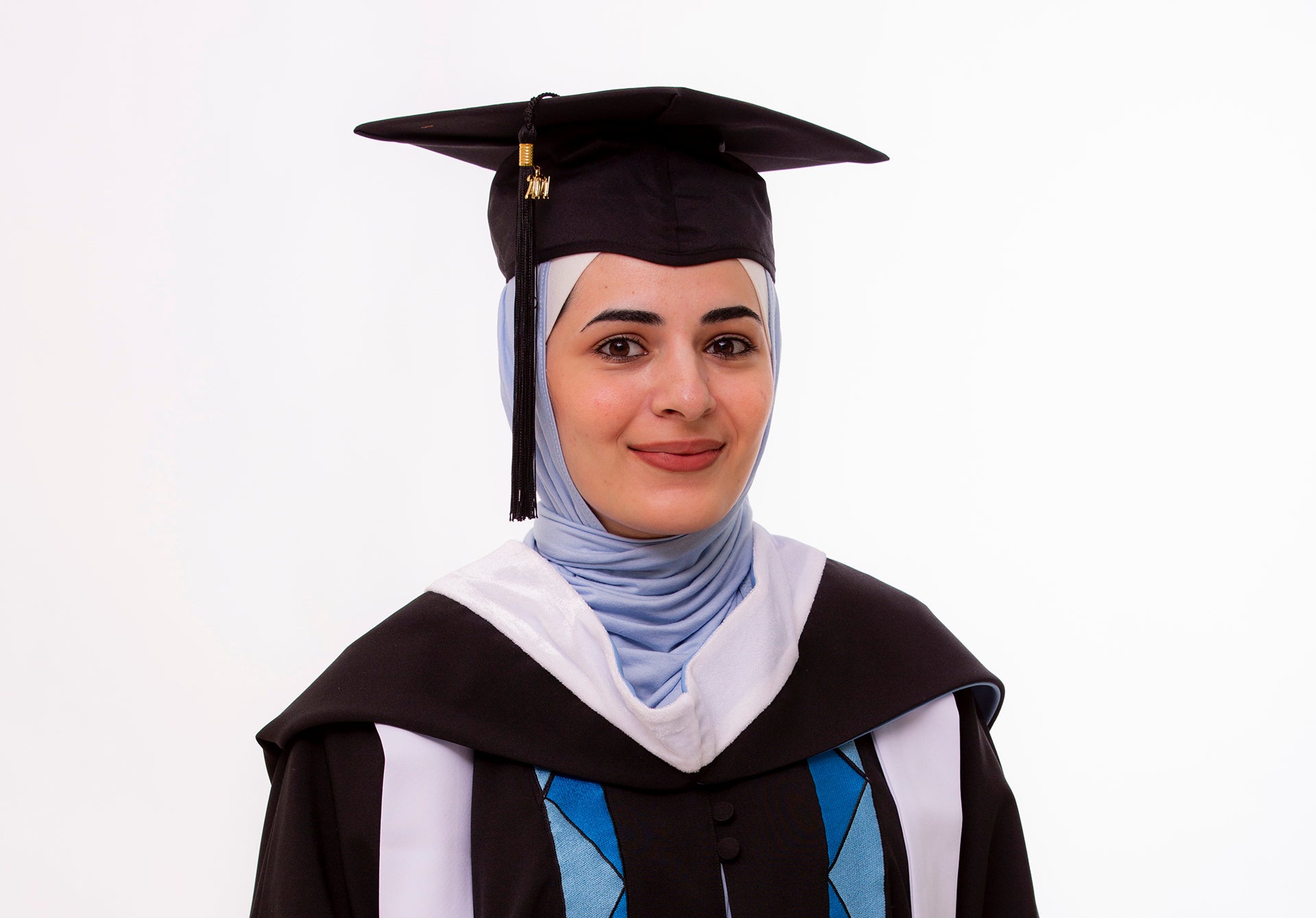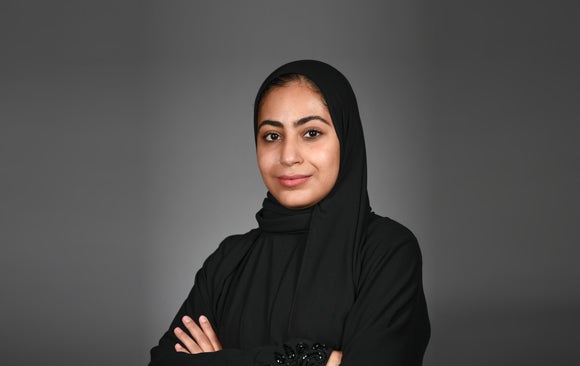
In this exclusive interview, we speak to Hamidah Dorzadeh, a Master of Arts in Women, Society, and Development student at Hamad Bin Khalifa University’s College of Humanities and Social Sciences, about her future aspirations and why the master’s was her program of choice.
Please tell us about your area of study at HBKU.
I am enrolled in the Master of Arts in Women, Society and Development program at Hamad Bin Khalifa University (HBKU). What I like about my area of studies is how interdisciplinary it is which has been useful in terms of understanding gender constructs, power structures, and their impact on men and women as well as paying closer attention to the lived experiences of women.
What motivated you to pursue this area of study at HBKU?
I was always passionate about issues relating to women and gender, and in particular, I could see within my community that when it came to women, they were subject to multiple rules and regulations. Therefore, me joining the program was really a quest for understanding my own life and experience as a woman.
What are your short-term and long-term aspirations?
My short-term goal is to continue reading and writing about what I have learnt over the past year. After I graduate, I am aiming to pursue a PhD in gender studies with a focus on the Middle East region and continue my journey as an academic.
How have your studies helped you develop and advance your career?
I am the coordinator for the newly established Iranian Studies Unit at the Arab Center for Research and Policy Studies. One of the most important skills along with research, writing, and strong interdisciplinary skills that I have gained through this program has been critical thinking. I apply all these skills in the work I do as my job involves a lot of research and writing.
What is the impact you see yourself making in your society in the future?
Ever since I started this master’s program, my aim has been to write about my own community, which is the Balochi community in Qatar. My professors and classmates have repeatedly heard me saying that “I will integrate the Balochis in Qatar to literature” and that is what really keeps me going as I feel the need to fill this gap and contribute to a better understanding of my community. I am very sure that my thesis will be a great addition and I hope that, one day, people would see me as a reference when writing about Balochis.
What was the highlight of your time at HBKU, and why?
One of the highlights of my time at HBKU has been meeting my fellow classmates who are a group of very bright and smart women that share the same passion for social issues and justice as I do. I have truly learned a lot from each one of them, and it was just so amazing to see all of us growing intellectually together.
In what ways did your HBKU experience differ from your expectations when you first joined?
I remember when I first joined, I really had no idea about gender, gendered practices, and discourses. I also was not aware of the many great feminist scholars, and their theories. I was truly not expecting to learn so much in such a short period of time. Each course I took added a new dimension into my understanding of these issues and introduced me to so many interesting scholars whose books have really had a great impact on my life.
Any additional thoughts for potential HBKU applicants.
This program is truly meaningful, and it would really add great depth to your life and give you a better understanding of society, as well as systems of gender. You will begin to think critically about certain notions, terms, and institutions we take for granted such as patriarchy, family, marriage, kinship, religion, laws, feminism, liberalism, and capitalism. It is an experience that is eye-opening; and you will become more well-rounded and intellectually curious. It is all thanks to professors who are really committed to get the most out of you.






